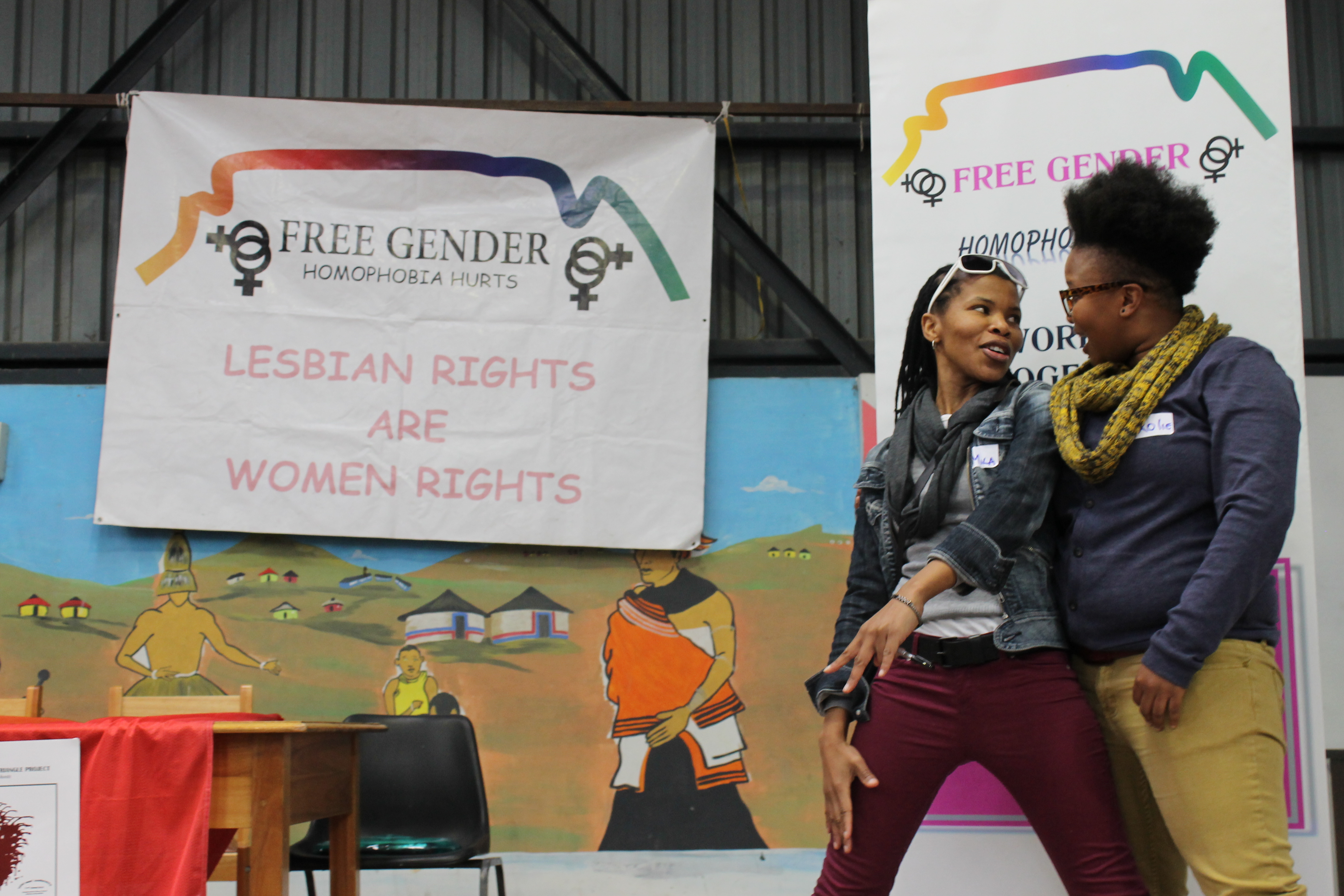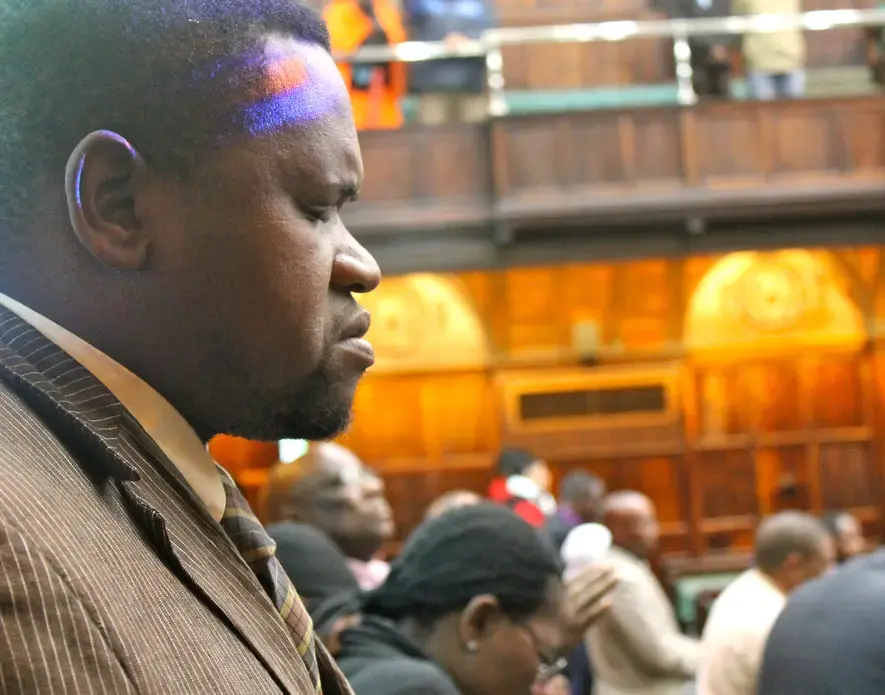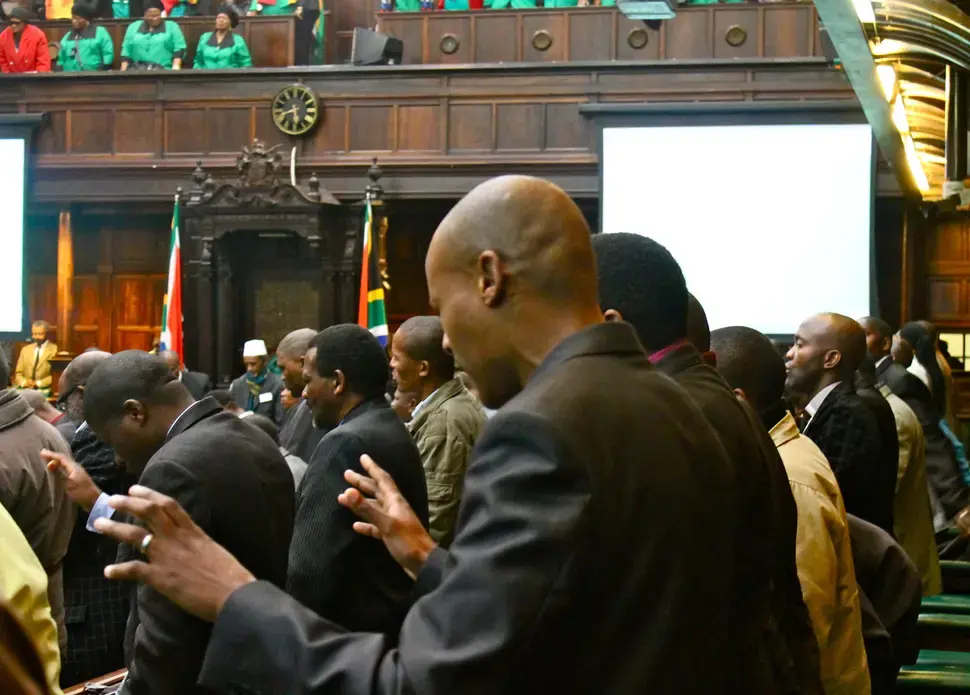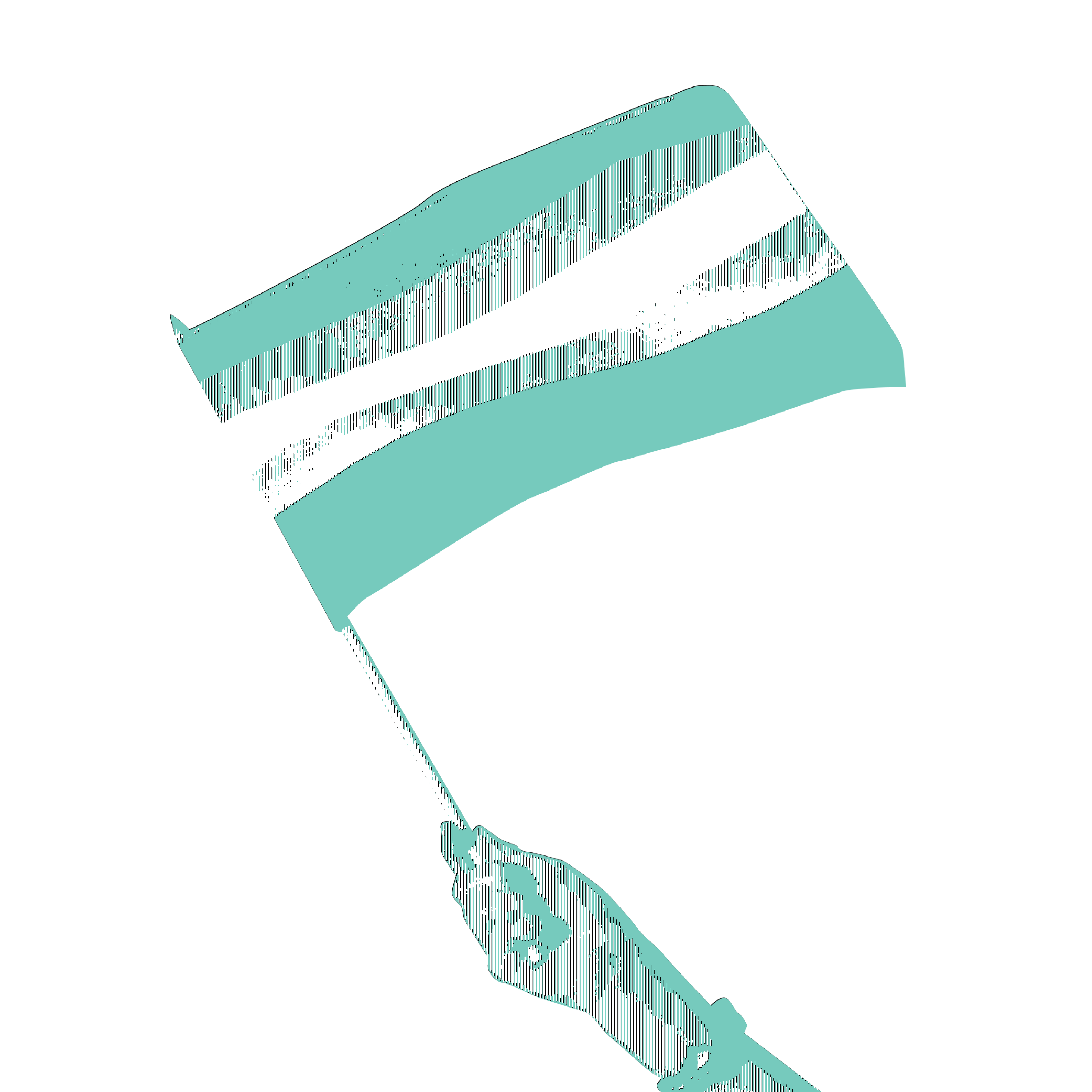Messages of hope, prayers for justice and condolences for the family members left behind echoed through the halls of the South African parliament in Cape Town.
Religious leaders from across the Western Cape and members of parliament joined together on Tuesday, August 21, to attend an interfaith memorial service for the 34 protesters killed at the Lonmin platinum mine in Marikana, northwest of Johannesburg.
Miners had been protesting for days, calling for higher wages. The demonstration turned deadly on August 16 as a violent exchange of gunfire between protesters and police killed 34. Media report more than 78 others were left injured. Many South Africans say it was the bloodiest police operation since the era of apartheid.
Reports differ on what led to the gunfire, but media outlets said strikers armed with machetes and spears charged at police who responded by spraying the crowd with gunfire, leaving corpses at the feet of those protesters still standing.
South African National Police Chief Riah Phiyega told the media at a press conference the day after the incident that she gave police "the responsibility to execute the task they needed to do" – confirming the order was issued to fire and adding that they had to use maximum force as miners "stormed towards police firing shots and wielding dangerous weapons."
The mine had been a hotbed of disagreement for a week leading up to the deadly clash as 10 miners had already been killed before the August 16 massacre.
At the root of the dispute lies a volatile tension between two trade unions, the National Union of Mineworkers (NUM) and the Association of Mineworkers and Construction Union (AMCU):
The NUM is the traditional union in the area and a staunch ally of the African National Congress (ANC), the political party of President Jacob Zuma. The protesters have accused the NUM leadership of becoming too entrenched in politics rather than keeping the miners' interests at the center of their work. These miners have turned to an alternative trade union – the AMCU – to represent them, in part sparking the heated and deadly conflict.
President Zuma cut short a visit to Mozambique to visit the mine on August 17.
"I am convinced that the Commission of Inquiry will uncover the truth and facts will emerge. We have asked relevant government departments, including especially the provincial government, to provide every possible assistance to the families during this painful and difficult period. The loss of life in this manner is unacceptable and we have to ensure that this never happens again," Zuma said.
He then declared a week of mourning for those who had been killed.
Walking past flags at half-mast, religious leaders and members of parliament came together to share prayer and song with each other at the interfaith memorial service. Over a dozen leaders were allotted five minutes each to deliver their thoughts, prayers and condolences from their own religious community.
The ANC chief whip Mathole Motshekga delivered opening remarks.
"A blanket of sadness and sorrow has indeed befallen the families of these miners, policemen and security guards in particular and our nation in general. We may not know at the moment the facts regarding why and how the nation got to find itself in this tragedy. But this trying period of pain and shared loss, necessitates that as a nation we stand together in support of the bereaved families and pray for the restoration of peace at the Lonmin mine," Motshekga said.
While religious leaders included Muslims, Christians, traditional healers and numerous others, their messages were the same.
A representative from the Western Cape Muslim community called on South Africa to address the inequality still prevalent across the country, describing it as the root cause of the tragedy in Marikana.
"Justice is the cornerstone for prosperity," he said, calling for a greater push toward equality between all faiths and races of the rainbow nation. "If we celebrate 18 years of democracy, we must all celebrate."
"South Africa needs to come back to God," religious leaders shouted out during the service.
"We need truth. People first, politics after," others said.
In speech after speech leaders asked members of parliament to protect the people of South Africa and not to succumb to any unions or political interests in the pursuit of the truth.
"We cannot just pray for wounds to be bandaged and pain to be healed and demand that conflict ends without addressing the wider context and the underlying issues on which conflict feeds," Father John Oliver said, quoting Archbishop Thabo Makgoba of the Anglican Church of Southern Africa.
The current deputy speaker of the National Assembly and former mayor of Cape Town Nomainda Mfeketo offered condolences to the families on behalf of parliament, saying they stand with the community of Marikana and join in the mourning and loss of their loved ones.
"We acknowledge all difficult questions must be asked and answered," Mfeketo said, adding there will be a special sitting following the service for members to discuss the tragedy.









